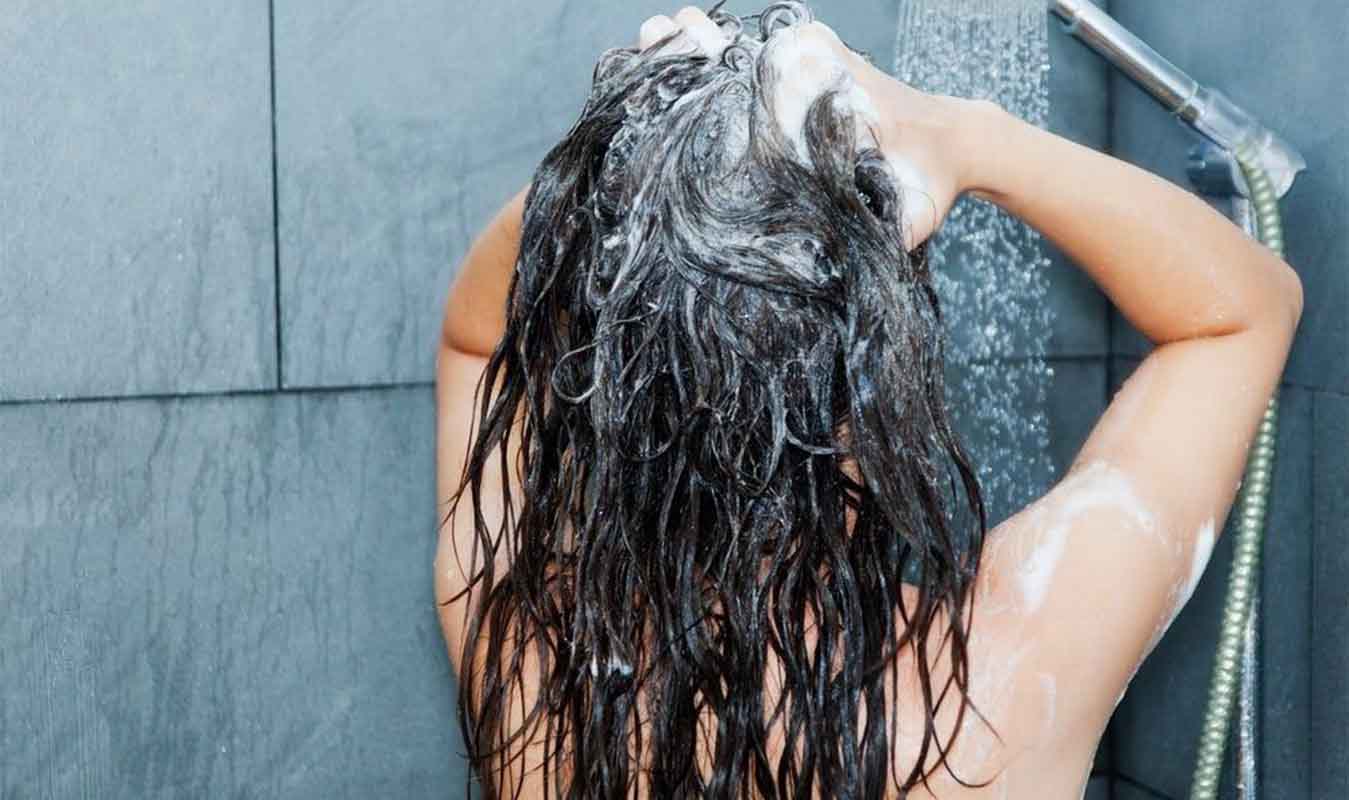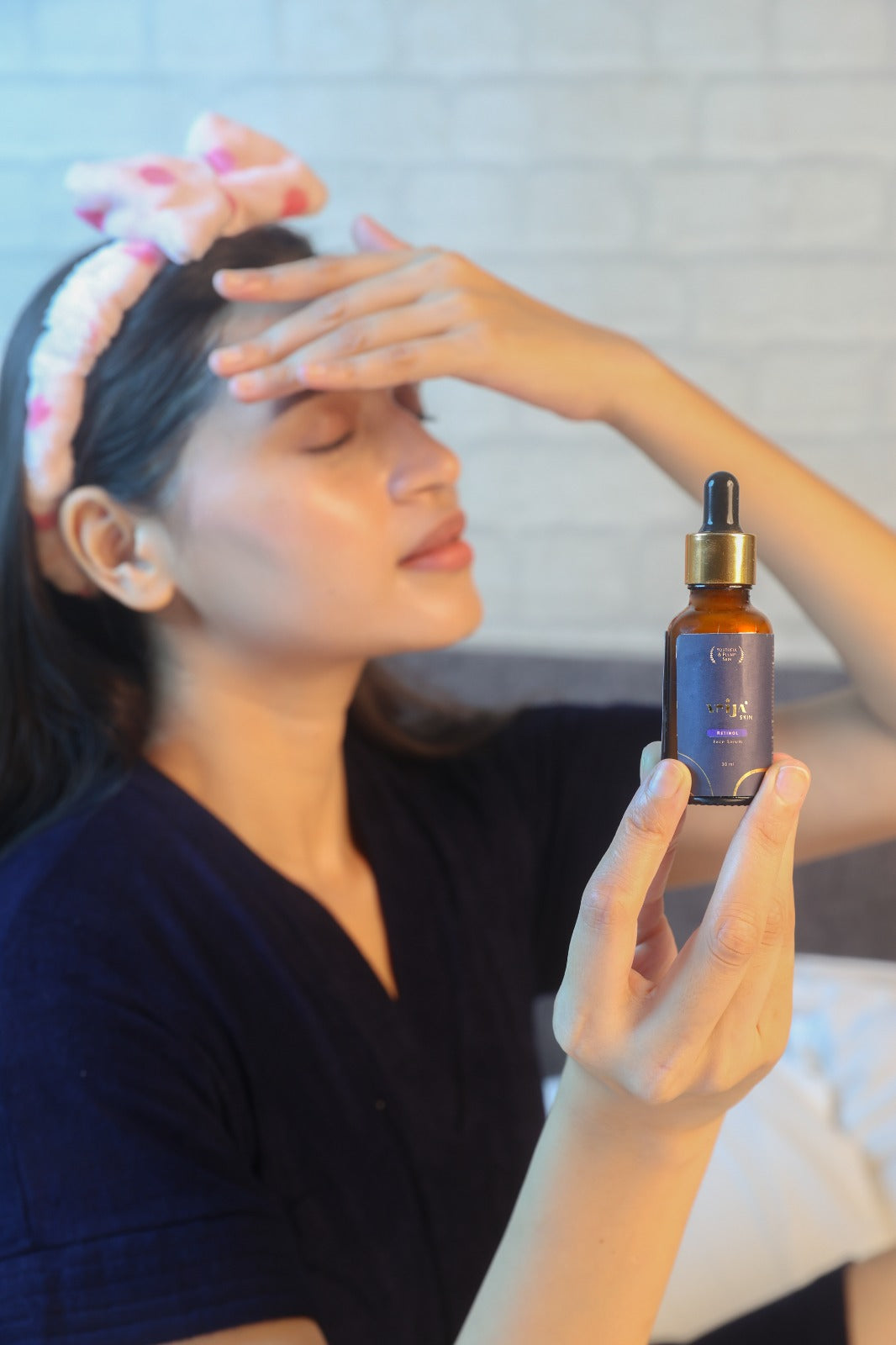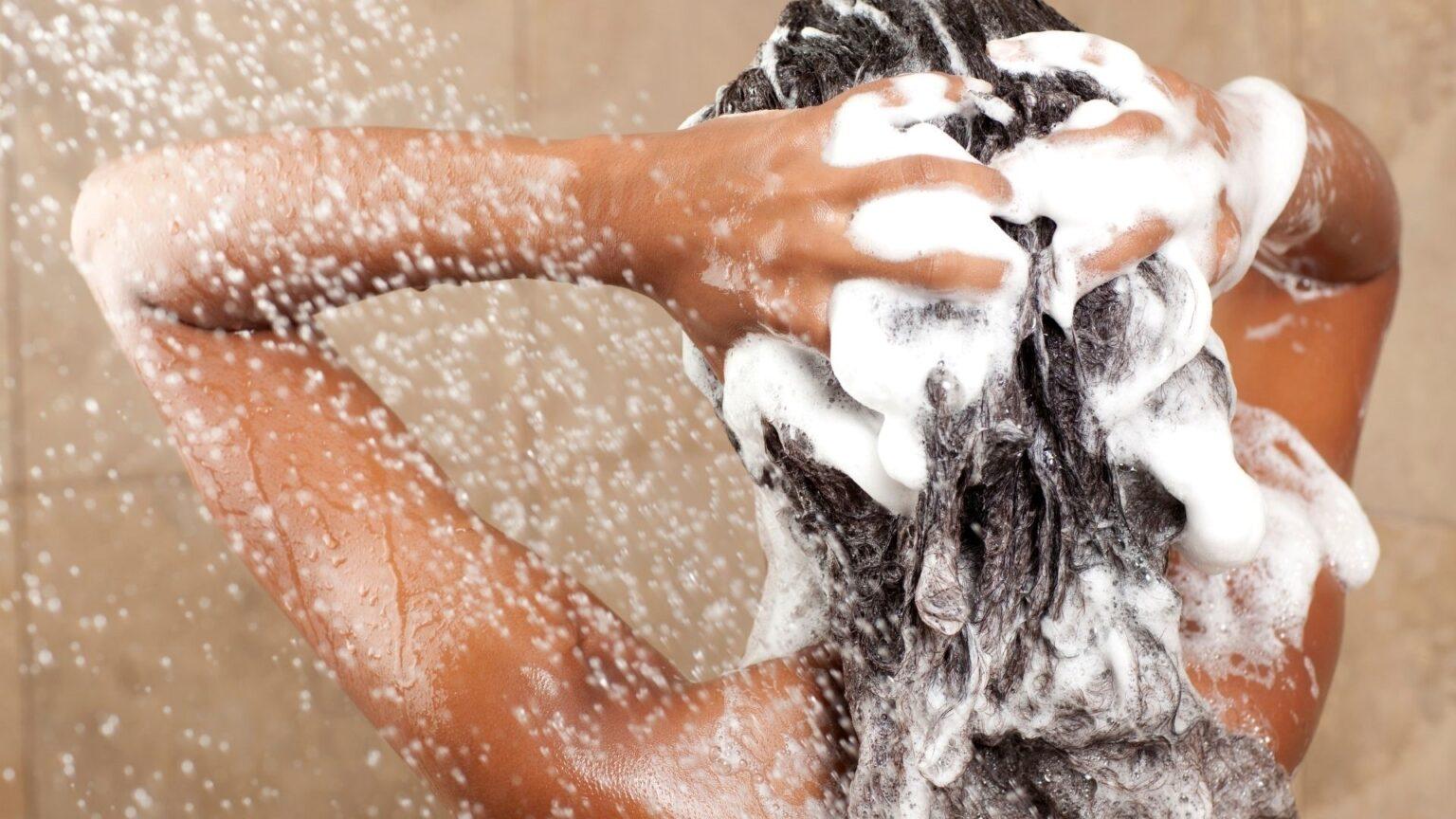
Here’s how hot showers are damaging your hair
After having a taxing day at work, a nice warm bath can be the perfect way to relax. Hot showers make your muscles relax, improve blood circulation, and thus improve symptoms of soreness. But it is not just about the physical benefits that it provides. A long hot shower is very good for your mental comfort as well. It relaxes your mind, and to some, it may even act as a natural hypnotic.
As for your hair, using hot water opens up your hair follicles at the roots, and melts away excess dirt and grime (that is principally oil). So essentially, hot water tends to “unclog” pores, leaving you with clean hair and scalp. But have you noticed that with every hot shower you take, your skin tends to become dryer, your hair feels more brittle, and your scalp itches more than usual? Sadly, if you’ve been noticing damaged hair, your shower temperature might be the one messing with your hair strands. Read on to know the five reasons how super-hot showers are damaging your hair more than any other culprit.
Hot showers strip the keratin of your hair along with making it dry.
Underneath your scalp, there are numerous oil glands located near your hair follicles. These oil glands, also known as sebaceous glands, produce an oily substance known as sebum, that aims at keeping your scalp naturally moisturized. Depending upon the amount of oil produced, your hair tends to get ‘oily’ at the roots. Hot water along with the detergents found in shampoos tend to wash away this oil, thus leaving behind a clean scalp. However, when you wash your hair with excessively hot water, too much of this oil is stripped off, leading to scalp damage.
Ironically, as we age, the sebum-producing ability of our scalp decreases to a great extent. Your scalp can not replenish as many oils as it has lost, so it gravitates more towards becoming dry and extremely irritable.
Hot showers make your scalp more prone to inflammation and infection
The layer of oil that resides on your scalp is known as the epidermal lipid layer. This layer of oil (aka sebum) protects your scalp from microbial infections and also frees your scalp from oxidative stress (acts as an antioxidant). In the absence of sebum, many infections, particularly fungal ones that are notorious to cause various disorders including dandruff. Hot water can render your scalp extremely dry, and this becomes a breeding ground for flaky conditions like dandruff.
According to numerous research papers, even the healthiest of scalps will notice some degree of flaking and dandruff if they skip hair washing for about 14 days. This leaves us to wonder about the possibility of developing a flaky scalp despite leaving it squeaky-clean with more than enough hot showers!
Hot showers make your hair oilier and more porous
For all of us who have an oily scalp that forces us to keep our hair tied up, we tend to wash our hair more frequently. Along with this, we also tend to use hot water to make cleaning more effective and easy. This might strip the hair off too much of sebum. The oil glands are then signalled to produce more sebum to maintain a healthy scalp, thus further reducing the days in between washes.
Additionally, hair tends to swell up in a hot, steamy environment. Eventually, this leads to breakage and split ends. This means even if you’re completely skipping washing your hair with hot water, the steam from your shower can damage your hair because of the frequency of exposure.
The takeaway is, even though hot showers are not entirely bad for our hair, they are best avoided. If you still love hot showers, try to cover your hair with a shower cap on days you don’t have to wash it. Your best bet to protect your hair would be to reset the temperature while you wash your hair from hot to lukewarm. This will not only protect your scalp but is also speculated to seal your cuticles and prevent your conditioner from being completely washed off.




